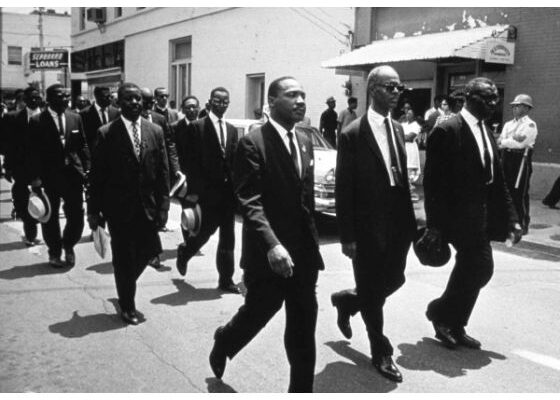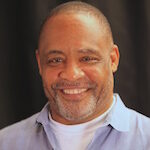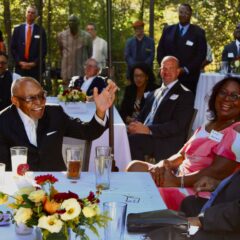This post originally appeared in the Orange County Register.
“A people without the knowledge of their past history, origin and culture is like a tree without roots.” —Marcus Garvey
We all have a story about race in America.
It did not dawn on me that I was black until I walked into a neighborhood barbershop. The white barber said, “We don’t do ‘N…..’ hair!” When I got home, my mother defined the word ‘N…..’ I became black at 10 years old.
Black is consciousness and more than a skin color. Becoming black was identifying with heroes who suffered to make America great. February is the month many people celebrate Black History.
Black History Month originally started as Negro History Week in 1926, by Harvard educated historian and author Dr. Carter G. Woodson. It created a new consciousness for celebrating men and women who were unashamedly black.
When some people think of Black History, their minds create images of black slavery, human suffering, segregated public facilities and civil rights marches. In reality, Dr. Woodson’s goal was to teach uninformed whites the achievements and contributions of black Americans.
All Americans should revere American heroes: Nat Turner, Frederick Douglass, Harriet Tubman, Blanche Bruce, Booker T. Washington, Thurgood Marshall, Congressman Rev. Adam Clayton Powell, Dr. Martin Luther King, Jr., Rosa Parks, Malcolm X and President Barack Obama. All Americans should marvel at the tenacity of the first blacks to break through impossible and unthinkable barriers like Crispus Attucks, Phillis Wheatley, Sojourner Truth and Benjamin Banneker, but the lesson behind these incredible American stories is a rich foundation that has been laid for a new consciousness.
Are black Americans simply the product of a dark, shameful and unfortunate past in this country or are we a people who help fight, build, and lead America from tribulation to triumph?
President Gerald Ford said in a 1976 speech regarding Black History Month, “…freedom and the recognition of individual rights are what our revolution was all about. They were ideals that inspired our fight for independence: ideals that we have been striving to live up to ever since. Yet it took many years before ideals became a reality for black citizens.”
Arguably the most disenfranchised, deprived, and disrespected ethnic group of people in this country, African Americans, should lead the charge in ensuring this sentiment holds true for all. In many ways, black leadership in the 60s failed to speak up for Latinos, gays, and the women of this country, who have struggled for their own equalities.
It is time America works together to create a new consciousness. There are advocates for a colorblind society. Yet, this consciousness blinds us to the beauty found in a color-rich America. Our schools, workplaces, churches and homes reflect colorful harmony of all God’s creations.
We must strive to develop an inclusive consciousness of acceptance of all ethnicities, genders, and sexual preferences. In doing so, our consciousness transcends color to become our story…an American story!
Mark Whitlock is a contributing writer for the USC Center for Religion and Civic Culture.


